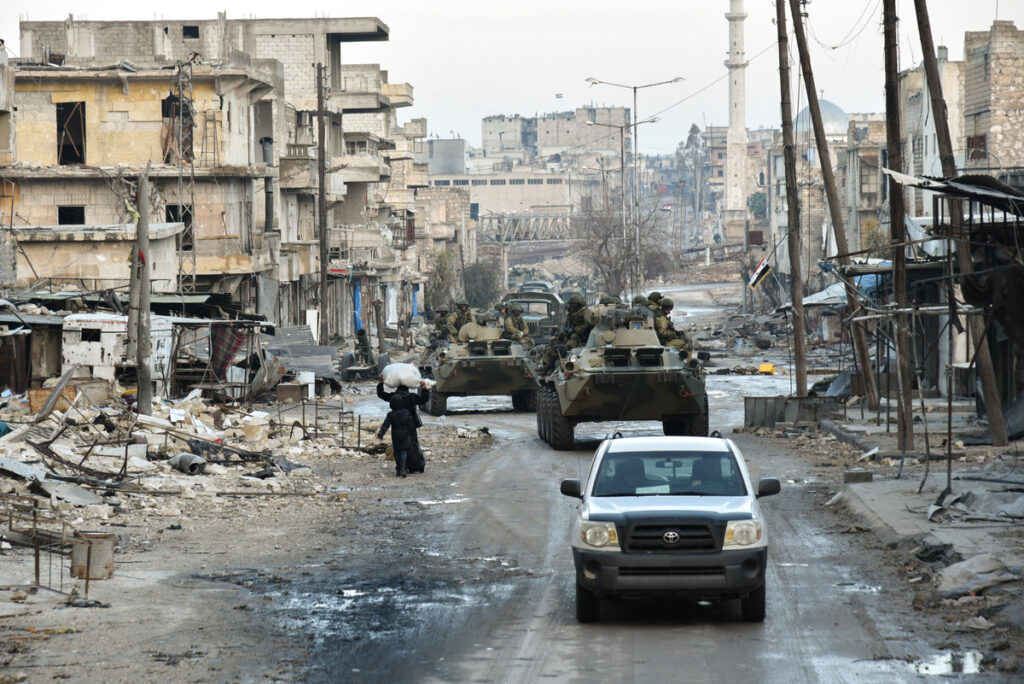The Islamist militia Hayat Tahrir al-Sham (HTS) entered the Syrian capital on Sunday morning and announced that the Assad regime has fallen after more than 50 years of tyrannic rule.
President Bashar al-Assad, who has ruled the country since 2000, has flown out of Damascus for an unknown destination. He succeeded his father Hafez, an air force general, who took power in 1971 in a military coup.
Immediately upon entering Damascus, the rebels released about 3,500 political prisoners from the notorious Saidnaya prison. The rebels announced that the free Syrian people had overthrown Assad’s regime and that they would soon give a formal statement on TV to the people. HTS is a UN-designated terrorist organisation but its leadership has signaled that it has abandoned its terrorist past and that it will not threaten other countries.
The rebels took advantage Assad’s allies Iran and Hezbollah being weakened in the war with Israel and had agreed to a ceasefire in Lebanon. Russia, which has helped the Assad regime survive the civil war in Syria and keep about 70 % of its territory, was unable to intervene heavily due to its war against Ukraine.
Encouraged by Turkey, the rebels together with another militia supported by Turkey, started a surprise offensive last week. They moved from Idlib in northern Syria and swiftly conquered town after town on their way to the Syrian capital. They succeeded in cutting the Assad regime from its Alawite base in western Syria.
The Syrian Prime Minister Mohammad Ghazi al-Jalali said on X released that he remains at his home in Damascus and that he is willing to cooperate with any leadership chosen by the Syrian people.
The rapidly evolving situation in Syria took the European External Action Service (EEAS) by surprise. On Saturday, EEAS issued a statement saying that “The EU is closely monitoring the fast-moving and volatile situation in Syria”. It urged “all parties to protect civilians and ensure the safety of humanitarian aid workers”. EEAS also called for an inclusive political solution in line with UN resolutions.
How the situation in Syria with develop from now is difficult to predict with other countries, Russia, Iran, Turkey and Israel, closely monitoring the situation to protect their interests. One issue is if and when Syria will become a safe country for refugees to return to. Another issue is the future of the autonomous Kurdish-led administration (AANES) in north-eastern Syria. The local self-government and its militia, including both Kurds and Arabs, controls a large part of Syria's territory.
Update: Kaja Kallas, EU's new High Representative for Foreign Affairs and Security Policy, twitted on Sunday afternoon that, “The end of Assad’s dictatorship is a positive and long-awaited development. It also shows the weakness of Assad’s backers, Russia and Iran. Our priority is to ensure security in the region. I will work with all the constructive partners, in Syria and in the region”.
She added: “I am in close contact with Ministers from the region. The process of rebuilding Syria will be long and complicated and all parties must be ready to engage constructively.”

